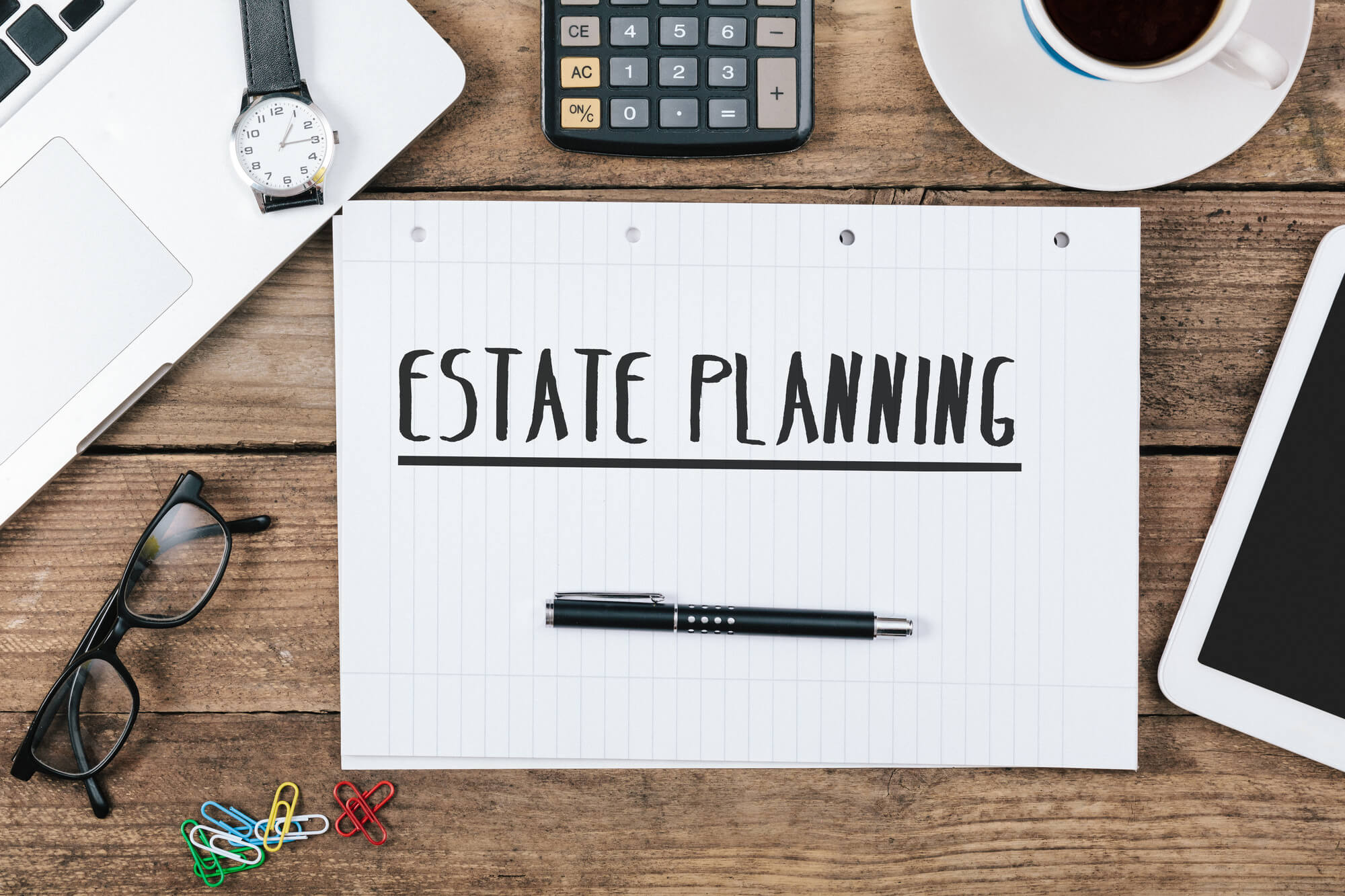In this age of digital marketing, you might be wondering whether postcards still work?
Well, the truth is that they are still a highly effective marketing strategy for realtors. In fact, the right postcard can give you a better ROI than more conventional advertising methods.
Real estate postcards can be a valuable asset to your real estate farming strategy since they are easy and cheap to make. Real estate farming is where you plant, nurture, and cultivate leads in a specific geographical area or demographic.
But affordability and simplicity are not the only reasons you should consider adding real estate farming postcards to your strategy. Here are a few compelling reasons why you should incorporate real estate farming postcards within your marketing strategy. If you’re looking for some unique real estate farming postcards for your business, visit Wise Pelican for more information.
1. Postcards are More Likely to Be Opened and Read
Picture this scenario: you’ve crafted the perfect marketing email and sent it to everyone on your emailing list. How many of those emails will land in the recipients’ inbox? Of those that do, how many are actually opened?
With email marketing, you’re not really sure if all, or at least most of your intended recipients, will receive the message. But with postcards, you can be certain that everyone you send a postcard to will receive it in their mail.
Postcards exponentially increase the probability of your leads learning about your real estate business tips.
2. They Can Give You Better Response Rates
Direct mail isn’t obsolete. In fact, it’s still a common form of communication among people of all age groups, including young people.
Since you’re directly sending the postcards to each individual on your list, the postcards will have a personal touch and, therefore, yield better response rates. A recipient is likely to pay attention to the message on your postcard, and if it’s convincing enough, get in touch with your real estate business.
While designing the postcard, try and think of ways you can make your postcard stand out from the pile to further improve your response rates. It could be adding persuasive keywords, using the recipient’s name, and using a professional color scheme.
3. They Will Act as a Tangible Reminder of Your Business
How many times have you seen a TV commercial that you found interesting but ended up forgetting about it within the next hour- or even minutes. Not quite effective, right?
A postcard, however, is a tangible and lightweight piece of marketing collateral that your clients will find easy to keep. And, if you design it in the right way, your target leads will likely hold on to it for longer.
What does that mean for your real estate business?
Postcards won’t just put your business out there. It will also act as a reminder of your business. Your leads won’t forget about you quickly, and even if they do, the postcard is there to remind them. They are also likely to pass on your card to others who may need real estate services.
Use Real Estate Farming Postcards to Get Your Business Out There Cheaply
Postcards, if used appropriately, can give you better results than most hyped digital marketing solutions today.
Not only do they help you reach your potential clients directly, but they also increase the probability of the target recipients taking the next step of action depending on your CTA.
Additionally, they are very cost-effective, meaning you can create brand awareness without spending thousands of dollars that you could otherwise focus on other more pressing business concerns.
Read Also:
























